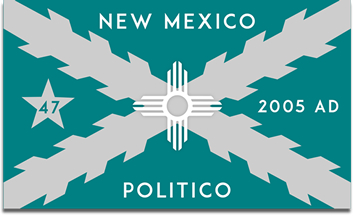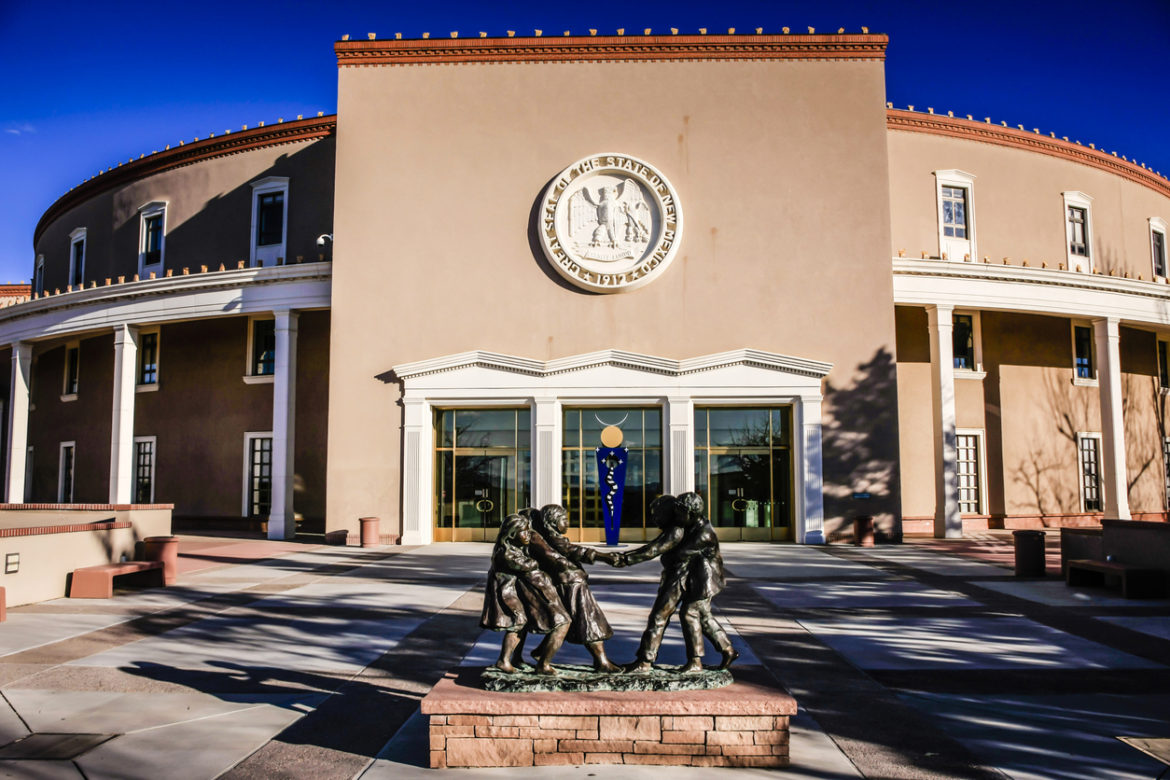Santa Fe – With the 2017 Legislative Session just over two weeks away, closing the budget gap amid declining government revenues and a stagnant New Mexico economy is on top of every lawmakers’ mind when they convene on January 17th.
The severity of the budget deficit makes it likely some combination of tax cuts and tax increases will be used to balance the budget, causing tax reform to be the hot topic going into the ’17 session. Predictably, the left’s crusade for increasing taxes is in full swing – and with Democrats controlling both legislative chambers chances are they will find plenty of sympathetic ears.
But as it turns out, it seems Santa Fe is so out of ideas or any semblance of new thinking that even Republicans like Jason Harper of Rio Rancho are working on a tax package that includes reinstating the food tax that was repealed in 2004. Yes, to be fair, the package does include language that “encourage out-of-state companies to pay Internet GRT”, an attempt at closing a loophole that gives large corporations like Amazon an advantage over local small businesses. However, while some “revenue enhancements” are necessary to close the budget gap, the larger problem in New Mexico is that without higher oil prices, we simply cannot afford the current size of government without a substantial increase in taxes. Santa Fe has a choice: cut government to a size more in line with what our tax base can reasonably afford or maintain a bloated government and further burden an already stagnant New Mexico economy. When lawmakers’ budget fix ideas include a regressive tax like reinstating the food tax, it seems they are more focused on the latter rather than the former.
Santa Fe has a choice: cut government to a size more in line with what our tax base can reasonably afford or maintain a bloated government and further burden an already stagnant New Mexico economy.
Tax-hike proponents want New Mexicans to believe the state’s tax income is just not enough to cover the cost of government. But New Mexico’s budget crisis is the product of bloated state government and misplaced spending priorities such as the Rail Runner boondoggle or the pseudo tax cut in 2013 that shifted the tax burden to counties and cities (while simultaneously giving them the authority to raise their own GRT).
So will New Mexico’s dire budgetary circumstances be a catalyst for serious change? That remains to be seen. Governor Martinez has wisely drawn a line in the sand saying the State Land Grant Permanent Fund is not a rainy-day fund and is off limits, but she and other conservatives will have their hands full dealing with two savvy Santa Fe liberals that now control the Senate and House of Representatives: Senator Peter Wirth and Representative (and soon-to-be Speaker) Brian Egolf, respectively.
Unfortunately for taxpayers, Egolf’s progressive reputation makes it very unlikely job creating and cost-effective ideas like Right-to-Work will have any chance of passing the House. And if their liberal allies’ recent guest columns calling for “fair tax reform” are any indication, significant reductions in government spending are not likely to happen. When big spending liberals in their ivory towers preach fairness, it’s probably time for New Mexicans to hold on to their wallets.

